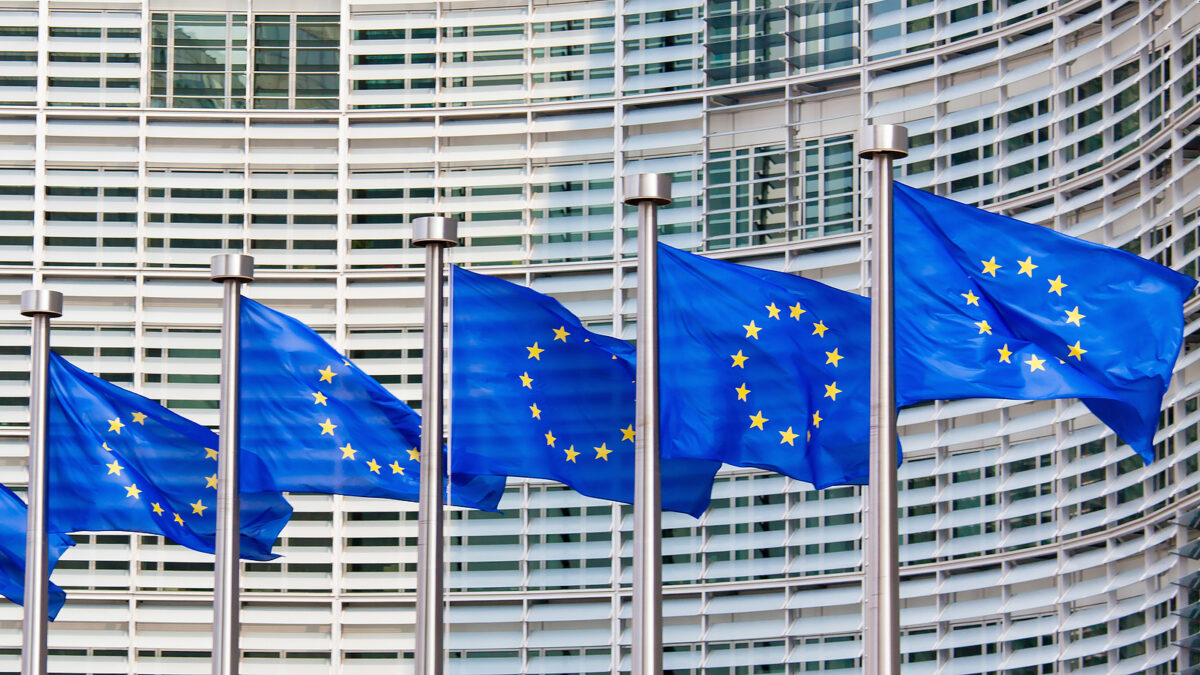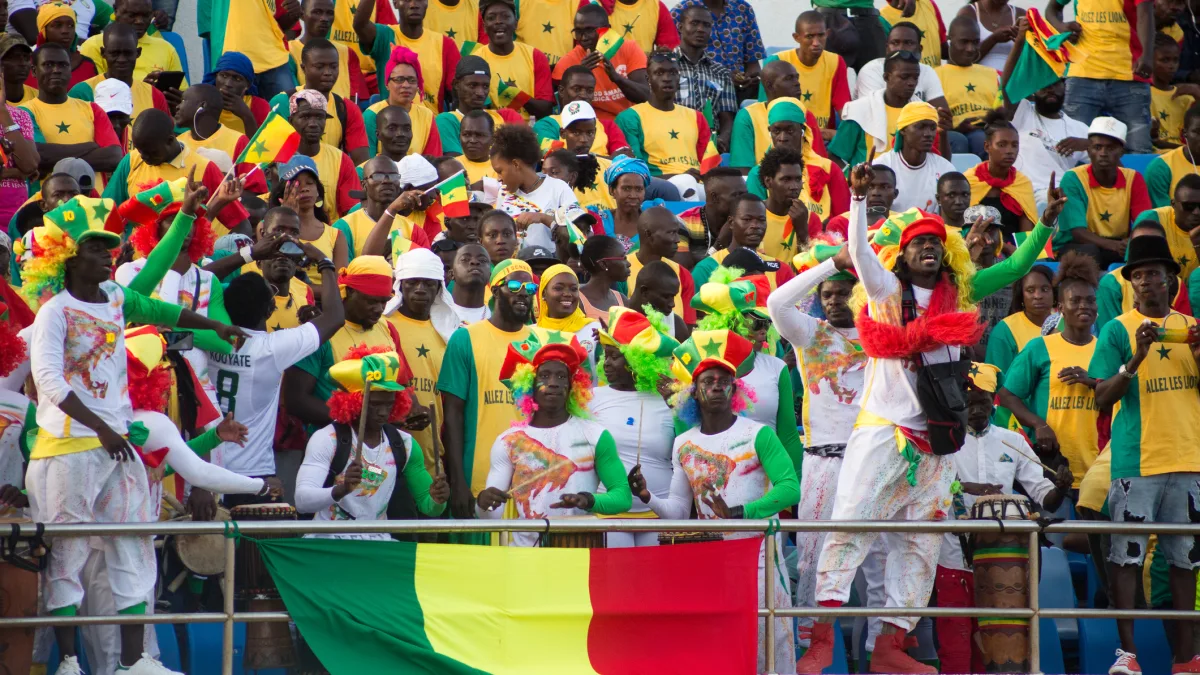The European Union’s new foreign policy chief is Estonian, a Lithuanian will take charge of defence, and a Latvian the EU’s economy. With a combined population of around six million people, the three Baltic states are – not for the first time – punching above their weight on the international stage.
There were few surprises when European Commission President Ursula von der Leyen formally named her widely-leaked new team on September 17, which—European Parliament approval pending—will lead the EU’s most powerful institution for the next five years.
“The core priorities [of the new Commission] will be prosperity, security, democracy,” said von der Leyen when presenting her team.
“The whole [Commission] is committed to competitiveness,” she stated, adding that, “each member of the Commission is equal, and that each commissioner has an equal responsibility to deliver on our priorities.”
Baltics lead the charge
Some commissioners, however, are more equal than others.
Former Estonian Prime Minister Kaja Kallas will serve as the EU’s de facto foreign minister, arguably the second most important job in Brussels, behind only von der Leyen in the Commission’s hierarchy. Well known as being unflinching in her tough stance on Russia she is likely to spearhead renewed efforts to pile further economic pressure on Moscow.
Defence, a newly created role, carries a great deal of weight (despite defence remaining a strictly national-level competency) given the current geopolitical situation and its opportunity to set Europe’s security agenda, and is a job that Andrius Kubilius, an enormously experienced former Lithuanian prime minister, appears well suited for. Ensuring that the EU continues to develop its defence industry—given a kick-start by Russia’s invasion of Ukraine—will be his top priority.
Kubilius has already stated that he is “open” to issuing joint bonds or using unspent money from post-Covid-19 funds to raise vital funds to increase the EU’s military competitiveness.
Kubilius, the oldest member of the new Commission at 67, also takes charge of Europe’s space programme.
Latvia’s Valdis Dombrovskis, a commissioner since 2014, has been rewarded with the economy portfolio, and will work closely with Poland’s Piotr Serafin, handed the extremely powerful job of overseeing the EU’s budget. Serafin is a seasoned diplomat and key ally of Polish Prime Minister Donald Tusk.
EE to lead on research and innovation, trade, neighbourhood
Bulgaria has also declared itself happy with the research and innovation portfolio, although its nominee, Ekaterina Zaharieva, could be one of several commissioners-designate to face a tough time at their confirmation hearings in parliament, and possibly even rejection. The European Parliament has a habit of ditching at least a couple of commissioners-designate each cycle in order to remind the Commission that it does wield at least some power.
Zaharieva could be a possible target given accusations made in 2018 that she assisted in a scheme to sell Bulgarian citizenships. She was never charged nor tried, however.
Another possible victim of the European Parliament is Slovenia’s Marta Kos. Handed the enlargement brief, Kos will also be in charge of Eastern Neighbourhood Policy, working to support Ukraine, including its reconstruction.
A last-minute replacement for Slovenia’s original nomination, Tomaž Vesel, after von der Leyen asked for more female nominees, Kos is Slovenia’s former ambassador to Germany and Switzerland. She was forced to resign as ambassador to Switzerland in 2020 however following complaints by employees at the embassy about inappropriate management.
Slovakia’s hugely experienced Maroš Šefčovič, previously in charge of the European Green Deal, will take on the trade portfolio, with Croatia’s Dubravka Šuica, currently democracy and demography commissioner, moving to the newly created Mediterranean brief. Šuica will have oversight over the EU’s southern neighbourhood, with illegal migration from North Africa a key element of the job.
Czech Jozef Síkela, the country’s Minister of Trade, will take on the EU’s international partnerships portfolio, tasked with strengthening the EU’s Global Gateway to ensure it puts forward the most attractive, integrated offer to EU partners on infrastructure investment. Global Gateway has long been touted as the EU’s alternative to China’s Belt and Road initiative.
Unhappy Hungary
In Budapest meanwhile, Minister of Foreign Affairs and Trade Péter Szijjártó has criticised von der Leyen for ditching Olivér Várhelyi as the commissioner for EU enlargement, saying her decision was part of “the hypocrisy of Brussels” regarding enlargement policy.
Várhelyi has instead been handed health and animal welfare in a move the Hungarian government views as a rebuke over Prime Minister Viktor Orbán’s ongoing dispute with Brussels over support for Ukraine, and migration policy.
On September 19, the European Commission triggered a special procedure to deduct 200 million euros from Hungary’s EU funding. The sum represents the value of fine that the European Court of Justice (ECJ) had imposed on Hungary over the country’s long-standing restrictions on the right to asylum.
Romania, which like Slovenia switched its nominee in response to von der Leyen’s call for more women (who now make up 40 per cent of the Commission), has also been left feeling short changed.
Roxana Mînzatu has been handed perhaps the most dead of all the Commission’s dead ducks, labour policy. Like defence, competency for labour policy is mostly held at national level, but unlike defence, it is not considered an agenda setting portfolio. Making Mînzatu an executive vice president of the Commission is a meaningless consolation prize designed merely to soften the blow.
Blame for Romania’s failure to secure a decent portfolio lies squarely with its government, which made lobbying for a leading portfolio a low priority.
The grilling of nominees by the European Parliament’s various committees is expected to begin next month, with a confirmation vote likely to take place in early November. The new Commission will begin work on December 1.







